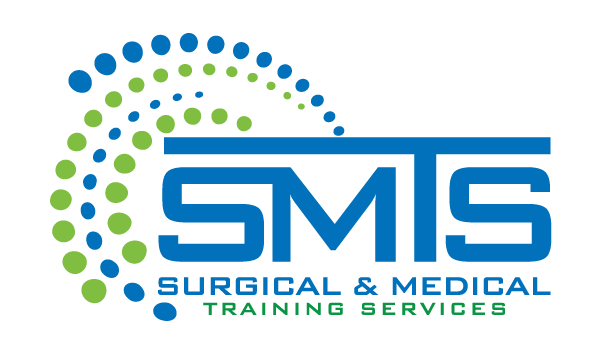Medicine has changed quite a lot throughout history. These changes have resulted in better health and more longevity for most people. Where, in the 1800s, the life expectancy was only 36, most adults today are expected to live about 80 years. This is a testament to the innovation of the 20th century. Now, we’re in the midst of change once again. This time, one of the major advances is the use of telemedicine. With many doctors transitioning, it is important that we discuss matters beyond the technical aspects of the new face of medicine, such as how doctors and their patients can connect well in the absence of face-to-face contact that exhibits intuition and compassion.
The medical profession is undoubtedly one of the most highly regarded in history. Becoming a physician or nurse takes immense intelligence, not to mention grit to complete rigorous studies. These characteristics are foundational to a career in medicine, yes, but there’s more. There are soft skills that doctors also need, especially when in-person contact is blunted.
WHAT CHARACTERISTICS DO DOCTORS NEED IN THE POSSIBLE NEW MODEL OF MEDICINE?
There are three factors that determine the overall efficacy of telemedicine. These include trust, honesty, and technology.
- Trust can be established by relaying credentials, philosophy, and experience. The more a patient trusts their doctor, the more honest they will be about their symptoms.
- Honesty is vital to reaching an appropriate diagnosis and treatment plan. Patients may be reluctant to discuss the extent of their symptoms, which puts the burden of discernment on the physician. Good observational and communication skills can facilitate better interaction in person as well as through technology.
- Technology facilitates efficacy in telemedicine by allowing physicians to see their patients on video calls. We are also seeing advances in HIPPA compliant apps that solve some of the concerns originally discussed about telemedicine.
In the face of telemedicine, we must remember what makes healthcare providers invaluable. During this time of change, doctors and other providers are encouraged to maintain the highest standards of communication, to stay curious or get more curious about reading their patients, and to remember the benefits of a good bedside manner, even when not standing at a patient’s bedside.
We at SMTS – Surgical & Medical Training Services are passionate about helping healthcare providers extend their skills in ways that are relevant to the changes in medicine. For more information on our courses and mobile cadaver lab services, call (888) 801-9444.

